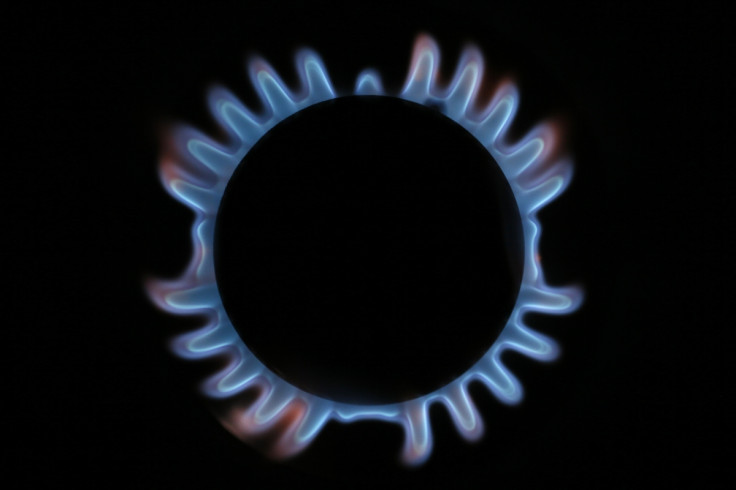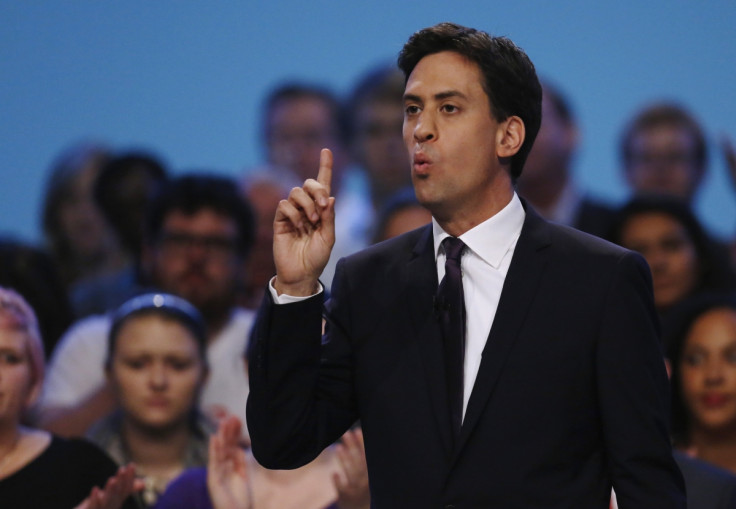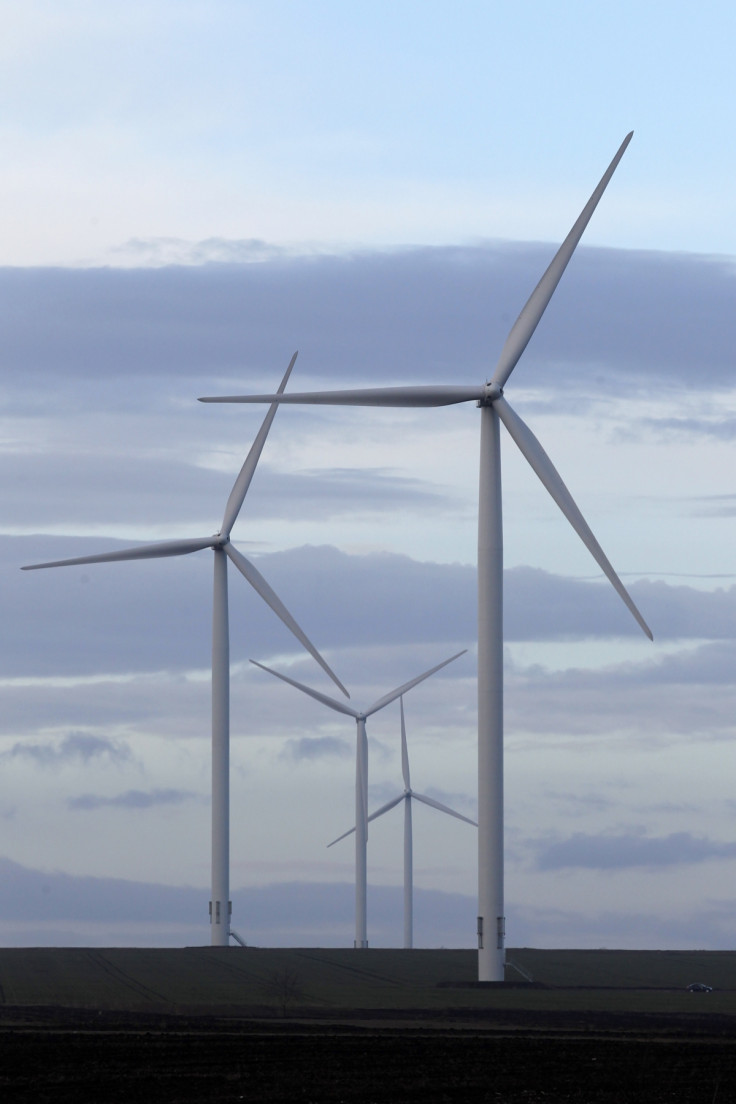Coal, Shale Gas, Renewables or Nuclear: How Can the UK Solve its Energy Crisis?

How much we pay for our household energy has become a decidedly hot topic.
Although the issue had been bubbling under for some time, leader of the opposition, Ed Miliband, brought it to the surface with his promise to freeze energy prices until 2017 if the Labour Party won the next general election.
The pledge hit a nerve among cash-strapped British consumers in the wake of seemingly relentless price hikes by the 'Big Six' utility companies.
But these firms have since stated their intention not to raise, and even to cut, household bills over the year ahead following a vow by Prime Minister David Cameron to slash green levies.
And therein lies the rub. While governments and consumers profess commitment to combating climate change, and understand that renewables have an increasingly vital role to play as oil runs out, the question is, are they willing to pay for them?
There are a number of issues here, but to grasp them fully it's important to explore the pros and cons of different generation methods without getting caught up in ideological debates.
So fossil fuels such as coal may currently be unpopular due to the high level of pollutants and carbon that they emit, but they offer by far the cheapest means of generating power. In Australia, coal-based generation costs about a third less than any other form.
Then there's gas. It has about half the carbon footprint of coal, but comes in at about twice the price. There's also the unfortunate fact that supplies are much more limited than those of oil.
This means that tariffs will inevitably rise steeply over coming years as resources become scarcer – and that's even if the prime minister has his way and controversial techniques such as hydraulic fracturing – fracking – for shale gas become more widespread.
Next on the list, meanwhile, is nuclear. While such power stations have relatively low carbon emissions and are cheap to run once operational, building them is very costly, as is dealing with their waste, which has major environmental considerations.
The problem with renewables
And finally we come to renewables. While technologies such as solar, wind and hydro offer the lowest carbon footprint and are set to become increasingly crucial in a post-peak oil world, the equipment required to generate power in this way is expensive.
Although not applicable to hydro, a pivotal issue here for all other types of renewable technologies is that they are based on asynchronous technology and so don't provide enough voltage to support the National Grid.
One way of understanding the implications of this statement is to imagine a pint of beer. The entire pint is the total energy produced, while the clear bit is the amount that can be used to do things such as turn on your TV (watts).

The froth, on the other hand, is the amount of energy that is lost in moving electricity around the system (voltage). And one of the problems here is that appliances with motors such as fridges use a lot of froth.
Therefore, if say 100MW of energy is produced and your gadgets require 5MW of froth to operate, the amount of usable power being delivered to your home will be 95MW.
But the shortfall has to be made up somehow if the system is to work. And the only way to do this currently is to either use other generating methods such as coal, nuclear, or hydro, to manage the froth, or to build so-called var (voltage-ampere reactive) compensators and add them to the Grid.
The problem with this latter approach, however, is that your costs double immediately and the increase is inevitably passed onto consumers who end up paying more simply to get energy to their homes.
But this tricky situation also isn't helped by the fact that, being based on natural phenomena such as the weather, renewable generation - apart from hydro - tends to be inconsistent and doesn't necessarily tally with demand.
So while peak energy usage may be between 5-9pm when most people are getting in from work, it is also the time when the sun is going down and technologies such as solar are moving offline.
This means that other generation methods are needed to pick up the slack. Coal in particular - and nuclear and hydro to a lesser extent - has a key role to play here in that it is by far the quickest to respond to fluctuations in demand, whether up or down.
Mixed energy policies
This is important because it is currently not possible to store electricity, although a few nascent technologies to do the job are starting to emerge.
Therefore, if 1GW of power is generated by any means, that 1GW of energy simply must be used – there's no other option. It's a balancing act that teams of National Grid staff work on all of the time.
But what all of this means in reality is that in order to stabilise the Grid and keep costs down in a sustainable way, it is imperative to adopt a mixed energy policy.
And indeed one of the potential options in that mix could be hydro, which on the face of it appears relatively green – but if, and only if, it is deemed politically palatable to submerge large tracts of countryside, a particularly contentious issue in a small island like the UK.
The hydro debate does raise an interesting point, however, and that is that there is no free lunch here. Pragmatic, if painful, decisions are going to have to be made, as unpopular as that may prove to be.
But so far rational public discussion is simply not being held in any free market economies, although they are all facing similar challenges.
The problem is that, not only are the issues complex, but there are too many vested interests - within the power industry and green lobby, which each peddle their own polarised world views, but also within governments.
In the wake of privatisation, they have nothing to gain from admitting any correlation between pricing and the return on capital demanded by shareholders with stakes in low margin, high investment power generation companies.
It is also not in their interests to reveal that they have no real control over energy policy, which has been handed to the market, or that they have lost any means of ensuring effective governance.
As to what an optimal mix might look like, that really should be determined in the court of public opinion based on the compromises that people are willing to make.
A case in point is the carbon market. As there is currently no way of using prices in such markets to guarantee an optimal energy mix without accusations of government interference, it becomes nigh on impossible to shift the balance in the national interest – unless administrations are prepared to stand up and take the flak for pursuing interventionist policies.
How this situation manifested itself in Australia was that the government-introduced carbon tax artificially inflated the cost of coal from between A$15 and A$20 per MW to around A$40. Which was all well and good, but gas prices remained static at A$60, hydro at A$80 and renewables at A$100.
Time for talking
This meant that the now defunct tax didn't make the blindest bit of difference to the energy mix at all and the coal industry continued about its business suffering relatively little impact.
As to what an optimal mix might look like, that really should be determined in the court of public opinion based on the compromises that people are willing to make.
As a rough guide, however, it could be argued that both nuclear and coal should comprise around 20% each to keep costs down and stabilise the Grid.
Hydro and/or gas could come in at about 30% for similar reasons, while the remaining 30% - or even up to 50% if the balance is right - might then consist of renewables.

But short of governments being brave enough to take positive action, another possible, if only partial, solution is to aggressively manage demand.
By implementing technologies such as the much debated and delayed smart metering systems, the aim is to charge people both for the amount of energy that they consume and when they consume it.
This means that, if households choose to put the washing machine on at peak demand times, they know that they will be charged a premium.
The problem here, of course, is the huge cost to retail energy firms of rolling such systems out, particularly when it is the generating companies that stand to gain the most. So again we come back to the need for effective governance to try and reconcile divergent interests.
Whichever way you look at it though, it ain't going to be pretty for consumers. There's no cheap or easy way out of the situation that we find ourselves in, so it's about making the best of a bad job.
And this means creating a forum for constructive debate over what constitutes the most, and least, palatable solutions going forward.
Paul Brett is a consultant for the Australian energy industry.
© Copyright IBTimes 2025. All rights reserved.





















